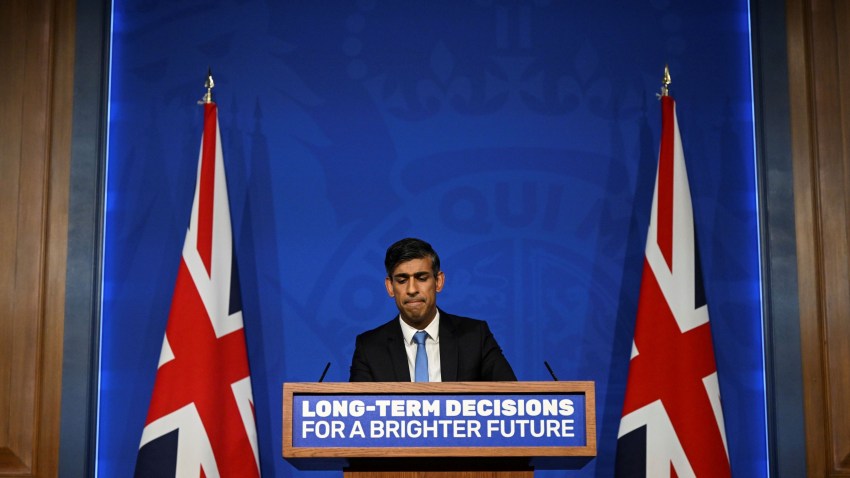As the likelihood grows of a seismic shift in U.K. politics after elections that must be held later this year, many commentators in London are struggling to come to terms with the fact that the ruling Conservative Party, which has dominated the country’s political landscape for the past 14 years, is now on the brink of collapse. With the opposition Labour Party regularly racking up 20-point leads in opinion polls, analysts have looked back to previous defeats suffered by the Tories in 1997 or 1945 as parallels for what’s in store. Yet as the Tories hurtle toward what is now expected to be an extinction-level event, some observers have looked further afield in search of a fitting precedent for the total collapse of a once-dominant conservative party: Canada’s general elections of 1993.
When examined from a distance, the catastrophic defeat suffered in those elections by the Progressive Conservative Party, which took it from 169 seats in Canada’s Parliament to just two, looks like an apt cautionary tale of how a party can stumble into disaster. In Canada 30 years ago, the Progressive Conservatives’ political collapse represented a culmination of public frustration that had been building over half a decade, in response to economic stagnation and a sense of permanent institutional crisis. Allegations of corruption further damaged the party’s reputation for competent economic management and constitutional competence, leading to a fracturing of its voter coalitions.
The parallels with the U.K.’s Conservative Party today are obvious. Yet for all the similarities, both cases were also shaped by unique local pressures.

